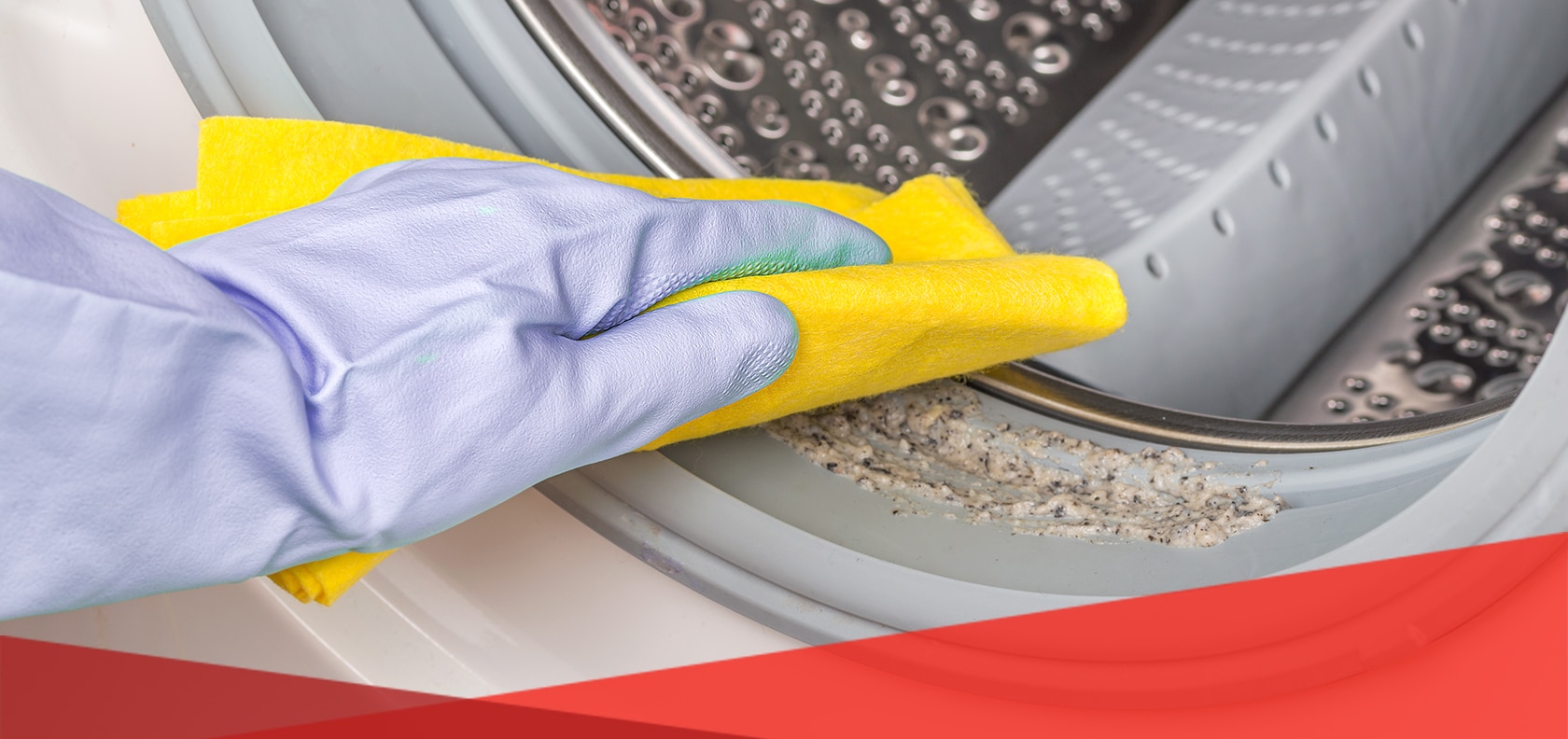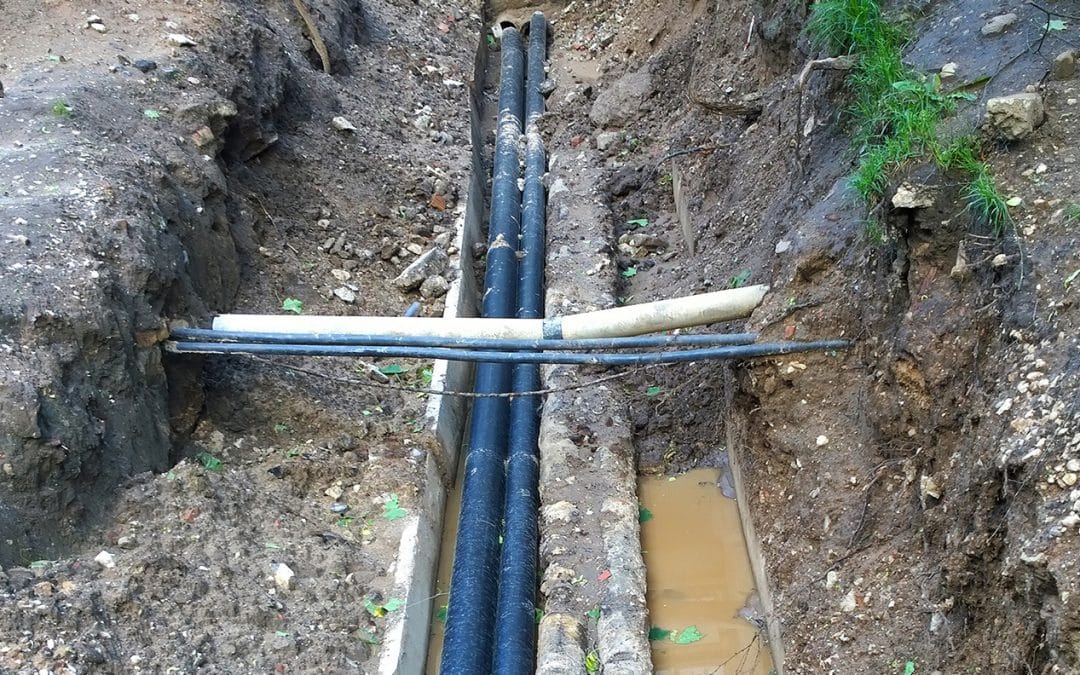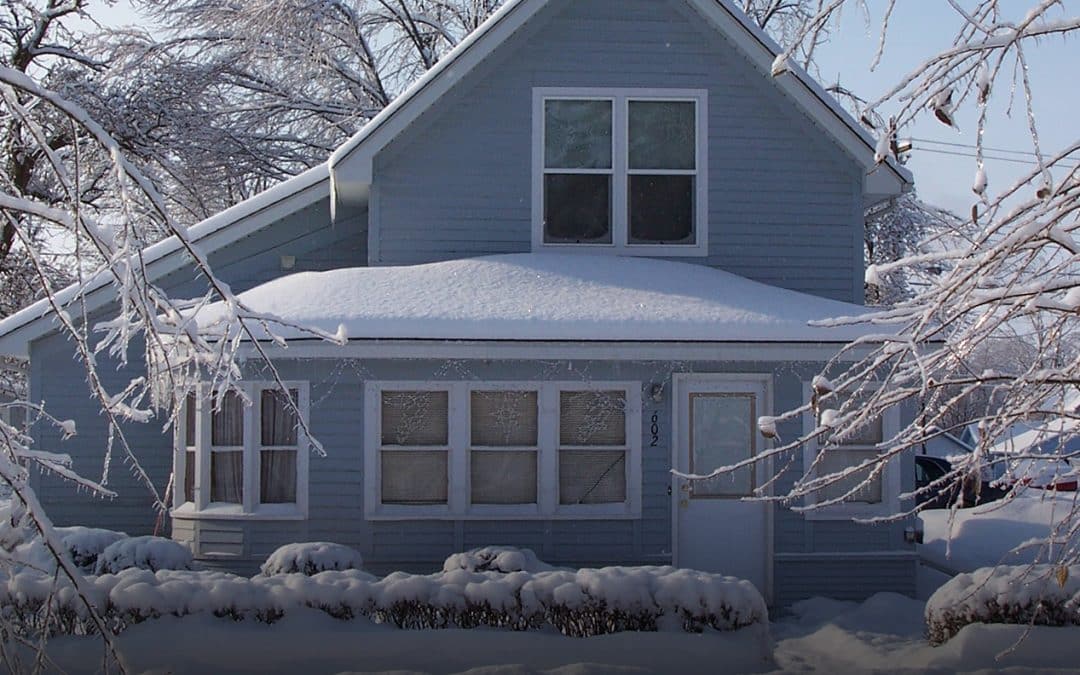Between 2014 and 2018, fire departments across the United States responded to an estimated 13,820 fires in which clothes dryers ignited, according to the National Fire Protection Association. Of those fires, there were annually an average of seven deaths, 344 injuries and $233 million in property damage, the NFPA reported.
To avoid fires caused by clothes dryers, mainly due to lint and dust build up, the NFPA has these recommendations:
- Have your dryer installed and serviced by a professional
- Do not use the dryer without a lint filter
- Make sure you clean the lint filter before or after each load of laundry. Remove lint that has collected around the drum
- Rigid or flexible metal venting material should be used to sustain proper air flow and drying time
- Make sure the air exhaust vent pipe is not restricted and the outdoor vent flap will open when the dryer is operating. Once a year, or more often if you notice that it is taking longer than normal for your clothes to dry, clean lint out of the vent pipe or have a dryer lint removal service do it for you
- Keep dryers in good working order. Gas dryers should be inspected by a professional to make sure that the gas line and connection are intact and free of leaks
- Make sure the right plug and outlet are used and that the machine is connected properly
- Follow the manufacturer’s operating instructions and don’t overload your dryer
- Turn the dryer off if you leave home or when you go to bed
Fires can also happen with washing machines. While most fires involve wire or cable insulation, other issues can be with appliance housing or casing and the machine’s drive belt. Some newer machines have a self-cleaning mode but manufacturers recommend you get your appliance serviced every so often to keep it running properly.
The full report from the NFPA on home dryer and washing machine fires can be found here.



